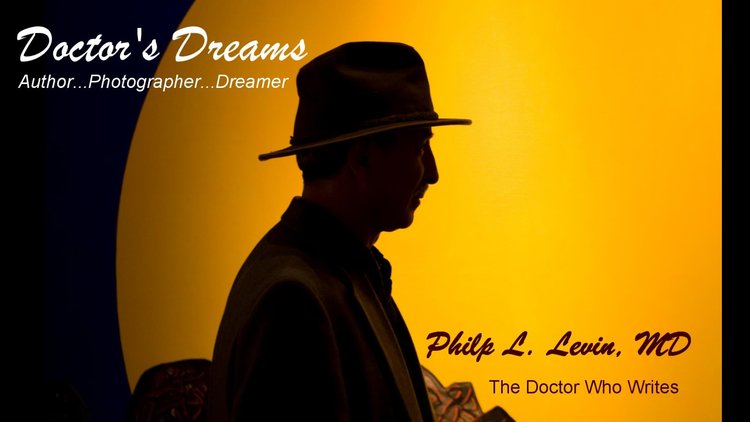As a child I rescued housebound spiders and flies and released them outside. I’d stand up for kids being bullied. Gentleness and compassion seemed ingrained in my genes. By age seven I had already decided I’d become a physician.
Medical school was a bitch. Eighteen-hour days, absence of social life, including a resultant divorce, occasionally made me question my goal. Yet even then, as a powerless dweeb, the joy I felt when offering kindness and information to my patients convinced me that my persistence would be rewarded.
The first day I stepped into the emergency room as a third-year medical student, I realized I’d discovered my lifelong home. The need for direct and accurate targeting of intervention made correct life-changing decisions paramount. Why become a surgeon, merely cutting out diseased parts? What attraction neurology, the dull testing of nerve impulses and reflexes? No, for me the adrenaline rush of staunching the bleeding, relieving the chest pain, and diagnosing the bellyache offered question, quest, and completion.
For forty-two years, each day I stepped into the emergency room I thanked God for providing me the best possible career. Bringing comfort to my patients with their acute trauma, chronic pains, drug addictions, and social situation disasters, provided all the fulfillment my life needed. Without ambition for money, fame, or gratitude, I provided unbiased service to rich and penniless, youth and pensioner, regardless of race, gender, religion, or sexual or political preferences.
Now, at sixty-seven, I’ve retired from the emergency room. I still offer physician services at the COVID or walk-in clinics. No longer do I enjoy the adrenaline rush. Not for me the quick life-saving actions. Still, the hurt and the needy come to seek my help. Like a disconsolate fly buzzing to get out the closed window, even though my intervention may seem minor to me, to that fly, it’s life changing.
